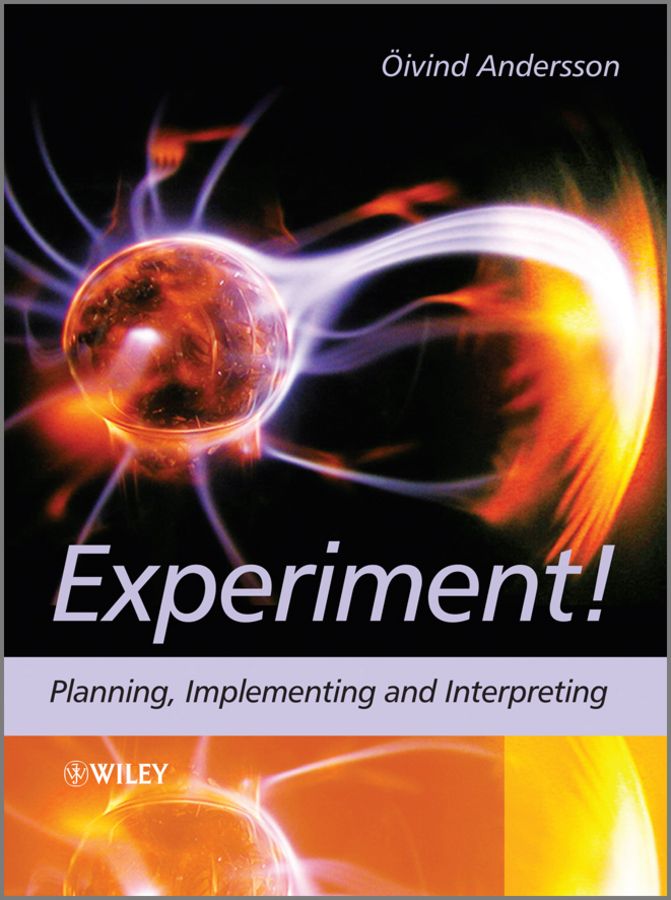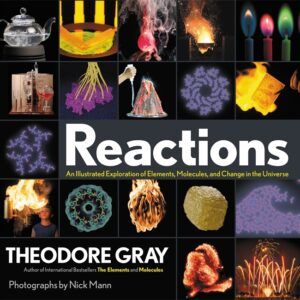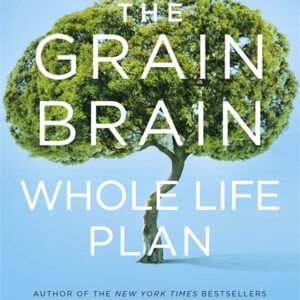<p>Experiments are the most effective way to learn about the world. By cleverly interfering with something to see how it reacts we are able to find out how it works. In contrast to passive observation, experimenting provides us with data relevant to our research and thus less time and effort is spent separating relevant from irrelevant information. </p> <p>The art of experimentation is often learnt by doing, so an intuitive understanding of the experimental method usually evolves gradually through years of trial and error. This book speeds up the journey for the reader to becoming a proficient experimenter. </p> <p>Organized in two parts, this unique text begins by providing a general introduction to the scientific approach to experimentation. It then describes the processes and tools required, including the relevant statistical and experimental methods. Towards the end of the book a methodology is presented, which leads the reader through the three phases of an experiment: ‘Planning’, ‘Data Collection’, and ‘Analysis and Synthesis’.</p> <p> Experiment!</p> <ul> <li>Provides an excellent introduction to the methodology and implementation of experimentation in the natural, engineering and medical sciences</li> <li>Puts practical tools into scientific context</li> <li>Features a number of selected actual experiments to explore what are the key characteristics of good experiments</li> <li>Includes examples and exercises in every chapter </li> </ul> <p>This book focuses on general research skills, such as adopting a scientific mindset, learning how to plan meaningful experiments and understanding the fundamentals of collecting and interpreting data. It is directed to anyone engaged in experiments, especially Ph.D. and masters students just starting to create and develop their own experiments.</p>
Experiment!
₹11,751.00
Planning, Implementing and Interpreting
This book is currently not in stock. You are pre-ordering this book.




